Why do some employees consistently deliver value, even with limited resources?
Bureaucracy, restrictive annual budgeting cycles, legacy systems that never speak to each other, managers who cannot get excited about yet another "transformation", and organisational inertia that only benefits those who thrive in the status quo. Leaders in every big company are familiar with the organisational constraints on change. A more interesting topic is the leaders that are able to turn the ship around in these dangerous waters.
In some organisations they are called ‘rainmakers’, in others ‘high potential talent’, and in some their managers don't know whether to give them a raise or ask them to leave the company. It is not surprising that these disruptors are not universally loved or understood, despite their critical importance to sustainable growth in uncertain times. What is surprising though is that strategic disruptors are able to consistently take reluctant and sceptical individuals, teams, and companies with them on the journey to the next level of growth. This leaves their peers and those interested in replicating those results with two burning questions: 1. How do they do it? and 2. How can we replicate it?
Attack short term outcomes and gather resources to prepare for the long term
The tension between focussing on easily measurable outputs rather than longer-term outcomes that are difficult to attribute to specific activities and individuals plagues every leader trying to provide the value of their transformation efforts. Those who succeed are leaders who embrace the tension by focussing on getting visible, smaller outcomes achieved quickly in the shorter term as a rationale for the viability of their method.
Once they have proven that they can consistently solve problems and deliver valuable outcomes to the business and its customers, the internal entrepreneur has the trust required to get the kind of budgets and mandate to go after more meaningful, longer-term outcomes. Those who succeed have prepared for this larger mandate already - building a team with the skills required to meet future demand, preparing business cases with data collected from smaller experiments, and forging alliances with other leaders in critical support functions like HR, IT, data, privacy, security, procurement, and supply chain.
Make other people look good
Forging those alliances requires understanding incentives and success metrics in other areas, and building a story around how achieving shared goals brings more value than achieving individual ones. One way to build this story is to make sure that allies are the heroes of the narrative and that their contribution is over-communicated. This has the benefit of ensuring that the leader is visibly role-modelling collaboration to their teams and signalling their commitment to others in the organisation who may look to them to decide the level of adoption and buy-in required. This also has the less obvious impact of ensuring that their credibility is now attached to the success of the project - just as much as it is to that of the project originator. These allies no longer have the option of backing out and must commit their resources to the project success, if for no other reason than to save face.
Delegate to the point of discomfort to create more value
In the same way that "perfect" is the enemy of "great", not delegating because you believe you can do something better or quicker is the enemy of getting something done. Decentralised decision making empowers team members to take ownership and work harder to get things right. It also frees up intrapreneurs to make only the most important decisions, build consensus, negotiate with allies, and have the mental free space for ideation and strategic planning. The mistake that many people make is to assume that whether a decision should be delegated is a function of its urgency or criticality. From our experience, the more important criteria is the competence and motivation of the people a leader is delegating to.
In the case of a large corporation in the energy sector, the executive team gave a mandate to a group of internal entrepreneurs to make innovation planning and implementation decisions. These intrapreneurs came from many areas in the business and had varying levels of institutional memory and functional expertise. The cross-functional nature of their group meant that they could not easily give guardrails or boundaries to the kinds of decisions they made, given that they cut across multiple teams, topics, and cost centres. Building ‘intrapreneur review boards’ to make decisions about what innovation projects were prioritised and how they were executed, meant that those with the best chance of making the right decision were given the final call.
Inspire, nurture and sustain momentum to deliver growth
These high potential leaders and intrapreneurs are some of the most energised and motivated talent within your business. However, it is often challenging to know how best to cultivate their interests and harness their ambition. This is why we at OneLeap have designed the Beyond Personal Accelerator - a unique wraparound programme that provides peer-led support from the world’s largest companies, inspiration from ground-breaking, sector-leading serial entrepreneurs, and support from our in-house strategic experts to accelerate the outcomes of your company’s most critical work. Applications are now open for the Beyond 2023 cohort.
Learn more about the Beyond Personal Accelerator by OneLeap. Download the brochure here.
Follow us on LinkedIn and Twitter, or subscribe to OneLeap emails to stay up to date with our latest news and insights.
Other Articles and Insights from the oneleap team.
Subscribe to the Oneleap Blog.
Add your email to receive regular, quarterly updates from the OneLeap Team.
By clicking subscribe, you consent to allow OneLeap to store and process the personal information submitted to provide content requested. OneLeap will only use your personal information to administer your account and to provide the products and services you requested from us.
We will respect your privacy and you can unsubscribe at any time.



